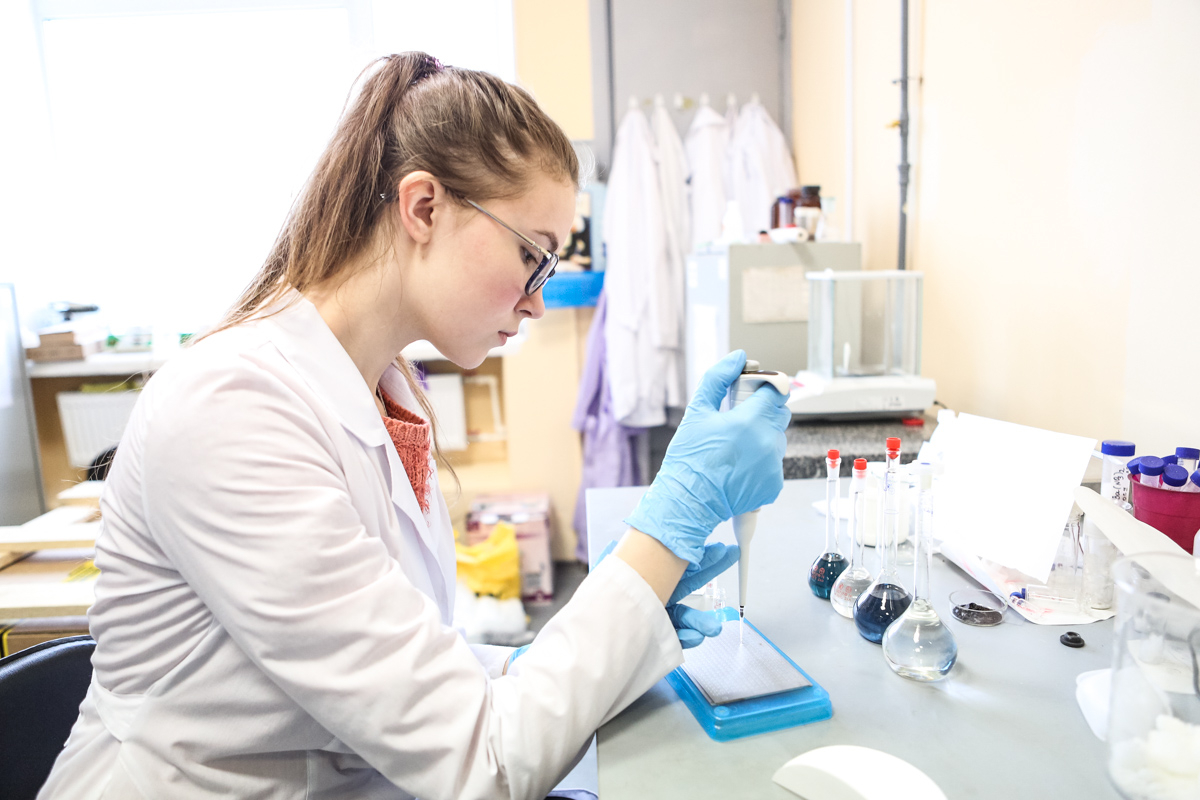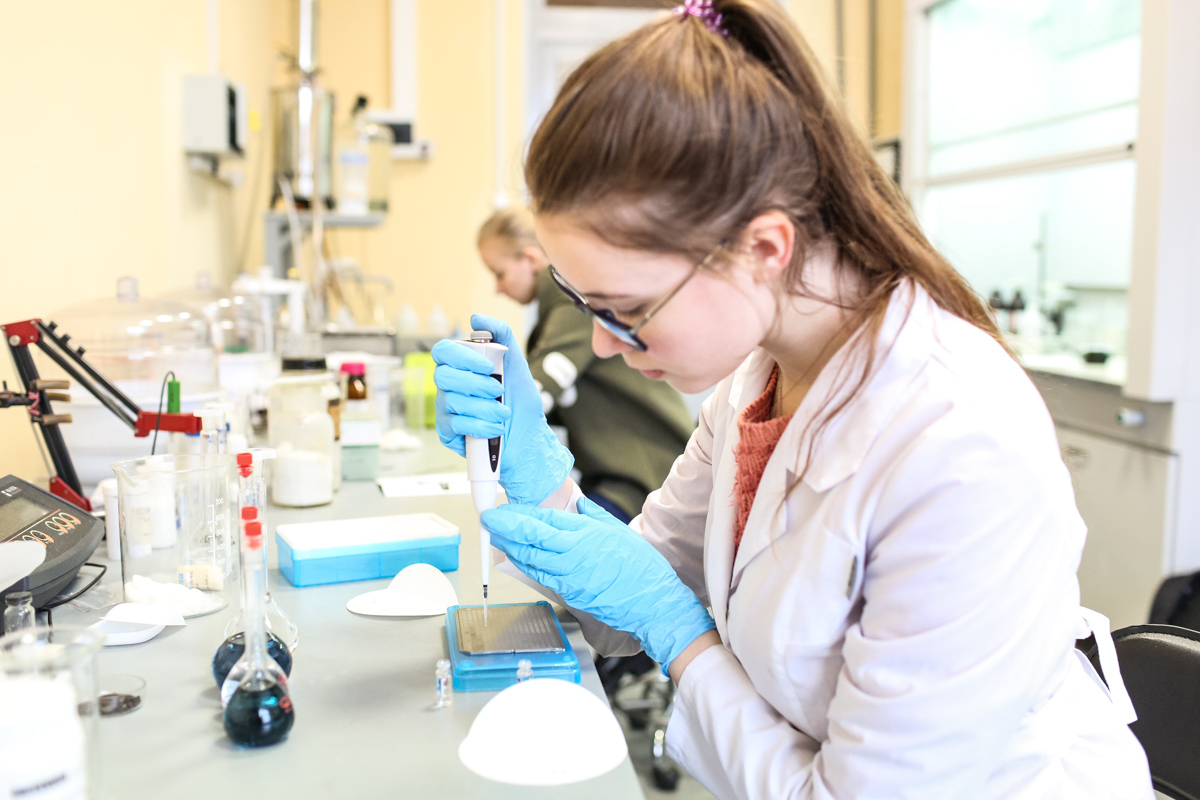From seaweed to fish roe: scientists from St Petersburg have developed a new technique for the analysis of fatty acids
The research group includes scientists from: St Petersburg University; the Institute of Toxicology, the Federal Biomedical Agency of Russia; and the Institute for Analytical Instrumentation of the Russian Academy of Sciences. They have developed a tool for qualitative and semi-quantitative rapid analysis of fatty acids. These are substances that can reveal nutritional declaration, and can also be biomarkers of serious human diseases.
This technique has already made it possible to analyse several extracts of plants and seafood. It can also describe the fatty acid composition of the follicular fluid of women planning a pregnancy.
“The technique is based on the ability of fatty acids to spread over the surface of the aqueous phase,” said Artem Selyutin, an associate professor at the Department of General and Inorganic Chemistry, St Petersburg University. “If you take a drop of barium acetate solution, apply a sample containing fatty acids to it, then you have their barium salts. By mass spectrometry, converting the salts of fatty acids in a gaseous state, we can determine the presence of all fatty acids contained in the sample. The technique is very sensitive: it is a case of concentrations up to 10-14 mole per litre."
The findings are published in a top-rated journal Analytical Chemistry.
As the scientist notes, such an approach to the analysis of fatty acids will make the cost much cheaper for laboratories. Moreover, it will take much less time than the chromatographic method of research. It takes only about half an hour against a whole day. What is more, it is possible to screen several hundred samples at the same time. You need only a little analyte – in fact, one drop. The technique is very sensitive, which means that other components of the composition will not affect the result.
The omega-3 and omega-6 groups are especially important for animals and humans among the fatty acids. Our body cannot synthesise them de novo, so it needs to get such substances from food. The technique developed by scientists of St Petersburg University in collaboration with colleagues from academic institutions will help to throw light on which products contain the most useful and varied fatty acid “cocktail”. The pioneering studies conducted on peas, brown algae, tissues of marine molluscs, crustaceans and fish showed interesting findings.
Scientists have discovered that, for example, extracts of fucus algae contain more than 20 different fatty acids, although chromatographic procedures allow us to identify only 14 substances of this group. Moreover, when comparing the fatty acid profiles of daphnia and herring roe, it is found that the qualitative composition of fatty acids is much richer in crustaceans.
St Petersburg University scientists from the Department of General and Inorganic Chemistry and the Department of Biochemistry, as well as their colleagues, carried out the research using the equipment of the resource centres “Chemical Analysis and Materials Research Centre” and “Research Resource Centre for Molecular and Cell Technologies” of the Research Park, St Petersburg University.
Doctors also became interested in the development. Specialists of the Russian Research Institute of Obstetrics, Gynaecology and Reproductology named after D.O. Ott used this technique to investigate the qualitative composition of free fatty acids in the follicular fluid of women. The fact is that these substances can reveal the state the future mother's ovaries. This means they can help the doctor to choose the best approaches to pregnancy planning. What is more, the presence in the samples of such specific metabolites of anaerobic bacteria as volatile fatty acids makes it possible to run indirect diagnosis of pelvic inflammatory diseases.
No less promising is the use of this technique in environmental research. For example, it can be used to determine the role of external pollutants in the formation of lipid patterns of living organism tissues. It is also expected to be useful in forensic science because fatty acids are also found in people's fingerprints. However, this is not the subject matter for just one year’s research. Therefore, in the near future, scientists are planning to improve the development.



